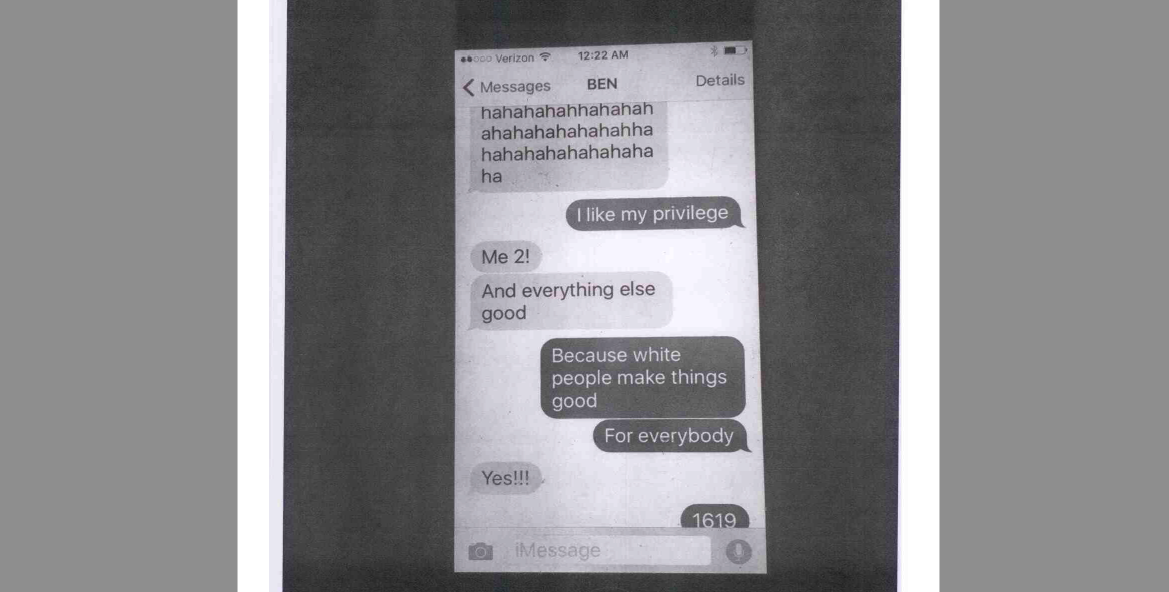SC Child Advocate Says She Sent Racist Texts That Were Reportedly Between Cops
Attorneys representing two black Columbia, South Carolina teenagers —who say they were coerced intYou must Subscribe or log in to read the rest of this content.
Attorneys representing two black Columbia, South Carolina teenagers —who say they were coerced int
